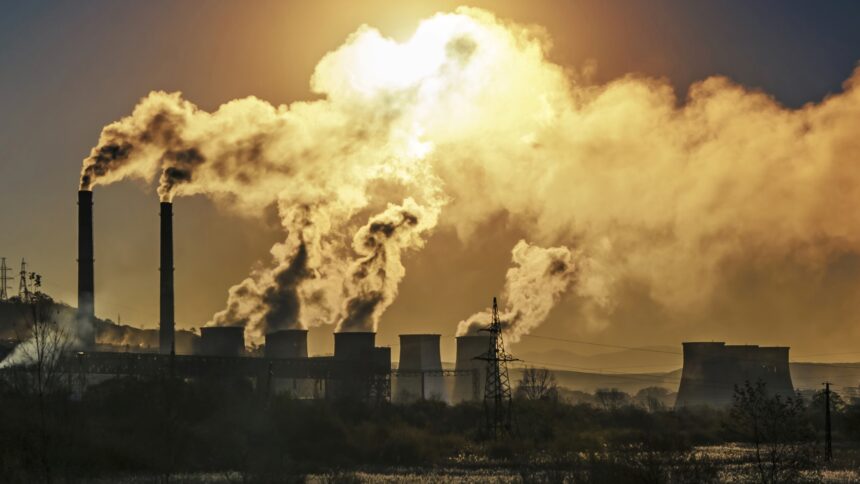Urges investments in climate-smart agriculture, adaptation and mitigation technologies
Key Findings from the 2024 Emissions Gap Report have revealed that African nations face unique climate challenges with the region disproportionately affected by climate change despite contributing only about 4% of global emissions.
The report by United Nations Environment Programme (UNEP) released on Friday presents stark warnings and critical insights into the level of global progress made toward reducing greenhouse gas emissions, highlighting an urgent need for more ambitious climate action to meet the Paris Agreement goal of limiting global warming to 1.5°C above pre-industrial levels.
According to the report, the world is still on a trajectory to reach 2.7°C of warming by the end of the Century, far exceeding the Paris Agreement targets. Global emissions need to be cut by 45% by 2030 to keep the 1.5°C target within reach.
It also highlighted that Africa is at the receiving end of the ongoing reliance on fossil fuels, which the group says remains a significant barrier.
“While renewables are expanding, coal, oil, and gas continue to dominate the global energy mix, especially in regions with fast-growing energy demand,” the report stated, stressing the need for rapid and just decarbonisation of the energy sector and a shift towards renewable energy, particularly in Africa, where energy access is a pressing development issue.
The report also emphasized the need for urgent scaled up finance and investments in adaptation and mitigation technologies across the continent to build climate resilience.
Similarly, it has recommended radical transformations across key sectors to bridge the emissions gap. In this regard, it says Africa’s abundant renewable resources, such as solar and wind, present a unique opportunity for clean energy leadership. And with agriculture forming the backbone of many African economies, it noted that sustainable practices and investments in climate-smart agriculture are necessary to protect food security while reducing emissions.
It also noted that the rapid urban growth in Africa presents both challenges and opportunities, adding that sustainable urban planning and infrastructure development can mitigate emissions while fostering economic growth.
The report highlights that climate adaptation remains a priority for Africa, where extreme weather events like droughts, floods, and heat waves are becoming more frequent and severe, calling for the strengthening of local and national capacities for adaptation is vital, alongside enhancing climate resilience in sectors such as health, water management, and infrastructure.
The Nairobi Declaration, adopted at the inaugural Africa Climate Summit in 2023, noted that, despite the global challenges, African nations are making significant strides in climate leadership.
This year at COP29 also known as ‘the Finance COP’, Africa is leading the call for an ambitious, accessible and predictable climate finance goal and enhanced international cooperation to drive impactful climate action.





